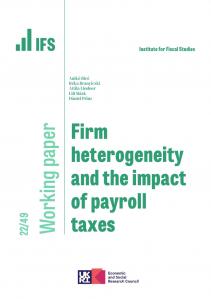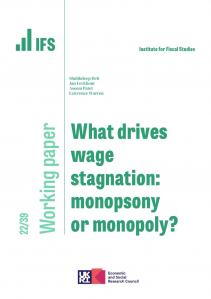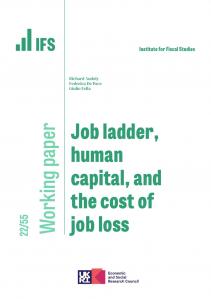<p>In this study, we examine the connection between the varied experiences of the transition countries in attracting foreign direct investment (FDI) and their diverse experiences in transforming their tax structures to be consistent with a market economy. In particular, we study whether complexity and uncertainty in their tax laws have deterred FDI by increasing transaction costs, the compliance burden and the unpredictability of tax liabilities. Our results indicate that complexity and uncertainty, in the sense of multiple tax rates, indeterminate language in the tax law and inconsistent changes in the tax laws, have a significant negative effect on inward FDI.</p>
Authors

Kelly Edmiston

Shannon Mudd

Neven Valev
Journal article details
- ISSN
- Print: 0143-5671 Online: 1475-5890
- JEL
- H25, F21, F23
- Issue
- September 2003
Suggested citation
K, Edmiston and S, Mudd and N, Valev. (2003). 'Tax Structures and FDI: The Deterrent Effects of Complexity and Uncertainty ' (2003)
More from IFS
Understand this issue

Kwasi Kwarteng homes in on the right problems, but solutions don’t add up
comment
Paul Johnson writes in The Times on the impact of Kwasi Kwarteng's mini-Budget policies.
26 September 2022

How do firms impact inequality?
explainer
In this video, John Van Reenan takes us through the latest research on firms in the UK - and looks at their impact on inequality.
16 June 2022

The NHS waiting list: when will it come down?
podcast
We discuss all things waiting list - What is it? How big is it? Is there a credible plan to get it back down?
29 February 2024
Policy analysis

The Conservatives and the Economy, 2010–24
working paper
This chapter documents the course of the economy over the last 14 years for the forthcoming book 'The Conservative Effect, 2010-2024'.
3 June 2024

A decade and a half of historically poor growth has taken its toll
press release
Low investment, policy mistakes, political instability, and Brexit have combined to hold back growth by more than in many comparable nations.
3 June 2024

The fiscal implications of public service productivity
report
How has the productivity of public services changed over time? How could higher public service productivity affect public spending?
30 May 2024
Academic research

Firm heterogeneity and the impact of payroll taxes
working paper
We examine the heterogeneous impact of a large payroll tax cut for older workers in Hungary.
24 November 2022

What drives wage stagnation: monopsony or monopoly?
working paper
Wages for the vast majority of workers have stagnated since the 1980s while productivity has grown.
26 September 2022

Job ladder, human capital, and the cost of job loss
working paper
We propose a structural model of the labour market with heterogeneous firms, on-the-job search and accumulation of specific and general human capital.
13 December 2022